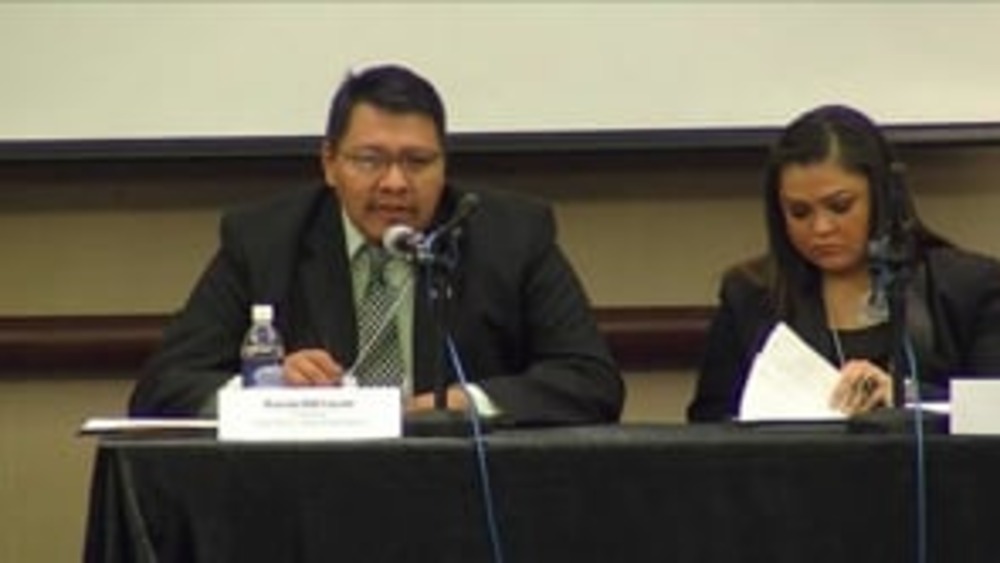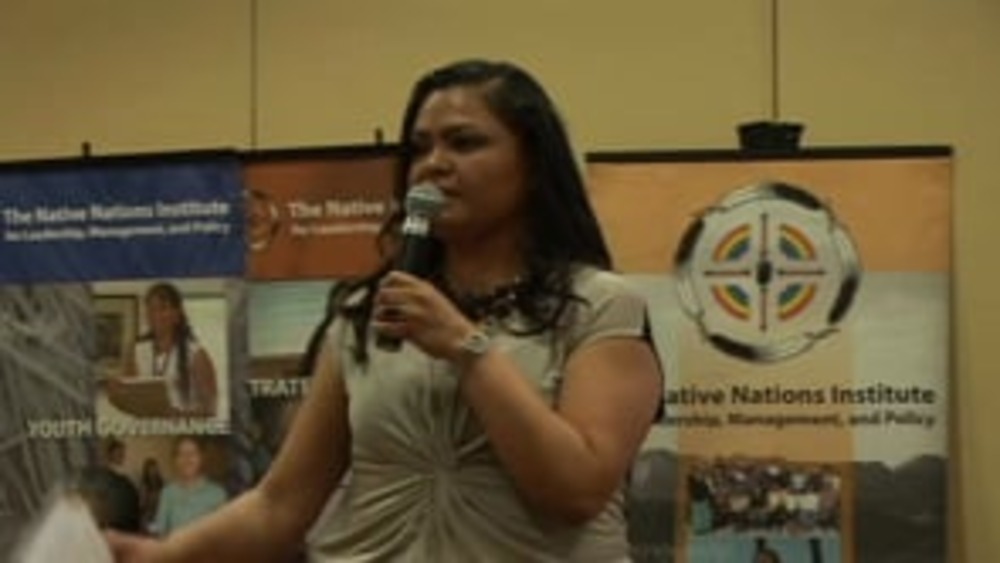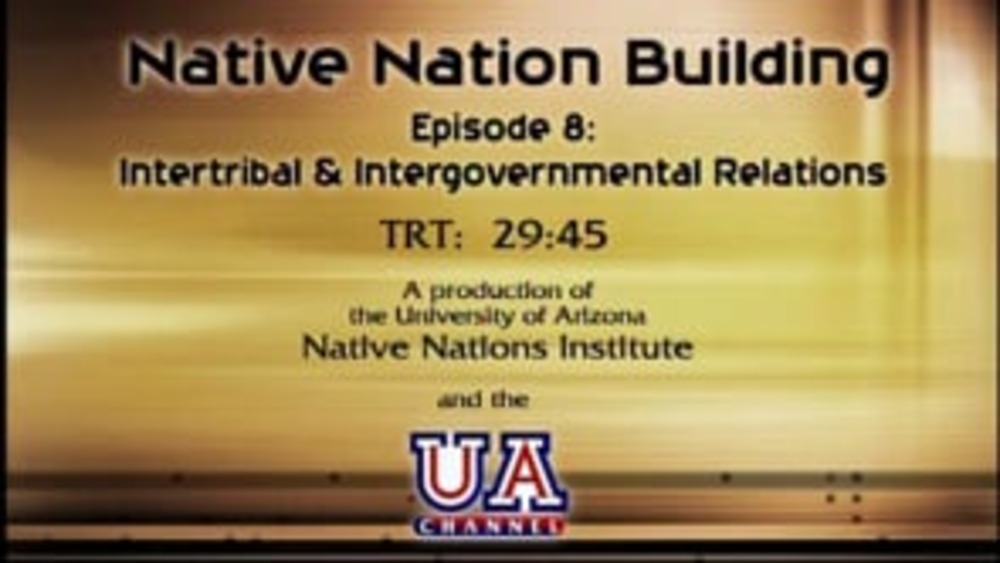Indigenous Governance Database
Snake River Basin Adjudication

Jamie Fullmer, Rebecca Miles and Darrin Old Coyote: Our Leadership Experiences, Challenges, and Advice
Jamie Fullmer (former Chairman of the Yavapai-Apache Nation), Rebecca Miles (Executive Director and former Chairwoman of the Nez Perce Tribe) and Darrin Old Coyote (Chairman of the Crow Tribe) share what they wished they knew before they took office, the greatest leadership challenges they have…

Rebecca Miles: What I Wish I Knew Before I Took Office
Nez Perce Tribe Executive Director Rebecca Miles discusses the challenges she faced as the first-ever chairwoman of the Nez Perce Tribal Executive Committee, and the strategies she used in order to govern effectively and make informed decisions.

Native Nation Building TV: "Intergovernmental and Intertribal Relations"
Guests Jaime Pinkham and Sarah Hicks focus on Native nations’ efforts to enhance their relationships with other governments as a way to advance their nation-building objectives. It details how some Native nations are forging mutually beneficial intergovernmental agreements, and chronicles the many…
